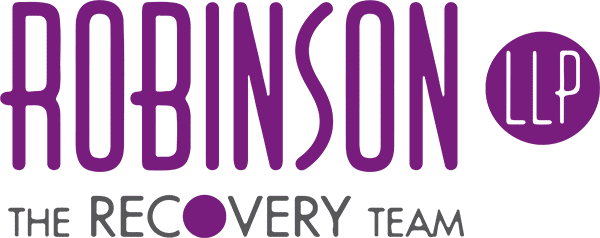Privacy & Terms
Confidentiality
Robinson LLP adheres to the Rules of privacy and confidentiality as set out in the Law Society of Alberta’s “Code of Professional Conduct”, Chapter 7:
Statement Of Principle
A lawyer has a duty to keep confidential all information concerning a client’s business, interests and affairs acquired in the course of the professional relationship.
In the Community
Carol has appeared on CBC Radio One’s national medical affairs program “White Coat/ Black Art”, “Day by Day” show on CFRN TV as well as 630 CHED Radio’s “Talk to the Experts.” She has also served as a guest panellist for the Legal Education Society of Alberta and has also been a guest lecturer at the University of Alberta.
Rules
- A lawyer must not disclose any confidential information regardless of its source and whether or not it is a matter of public record.
- A lawyer must not disclose the identity of a client nor the fact of the lawyer’s representation.
- A lawyer must preserve and keep confidential property of a client under the lawyer’s control.
- A lawyer must take reasonable steps to ensure the maintenance of confidentiality by all persons engaged or employed by the lawyer.
- A lawyer must continue to hold a client’s information in confidence despite conclusion of the matter or termination of the lawyer/client relationship.
- A lawyer who possesses confidential information of a client or former client: (a) must not use such information for the lawyer’s personal benefit nor the benefit of a firm member or a related person or affiliated entity of the lawyer; and (b) must not act or continue to act for another client if the lawyer would have a duty to disclose such information to that client.
- When, in other provisions of this Code, an ethical obligation of lawyers is stated to be subject to confidentiality:
- confidential information of a client must not be disclosed to any party without the client’s consent;
- a lawyer must seek the client’s consent to disclosure of confidential information to the extent necessary to permit the lawyer to fulfill the ethical obligation; and
- in the event that consent is withheld, the lawyer must withdraw.
The foregoing rules of this chapter are subject to the following:
- A lawyer must disclose confidential information to the Law Society when required to do so by the Law Society;
- A lawyer must disclose confidential information when required to do so by law;
- A lawyer must disclose confidential information when necessary to prevent a crime likely to result in death or bodily harm, and may disclose confidential information when necessary to prevent any other crime;
- When acting for more than one party in the same matter, a lawyer must disclose to all such parties any material confidential information acquired by the lawyer in the course of the representation and relating to the matter in question;
- A lawyer may use or disclose confidential information of a client when expressly or impliedly authorized by the client;
- A lawyer may disclose confidential information to another lawyer to secure legal or ethical advice about the lawyer’s proposed conduct;
- A lawyer may disclose confidential information when reasonably necessary for the lawyer to properly prosecute an action or defend a claim or allegation in a dispute with a client.
